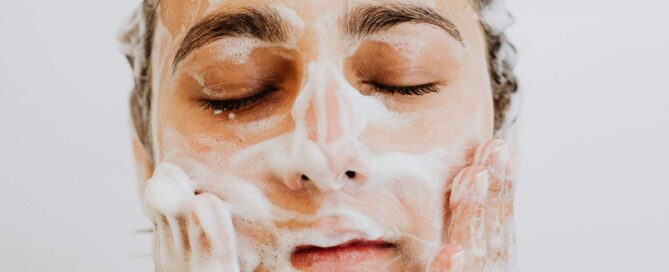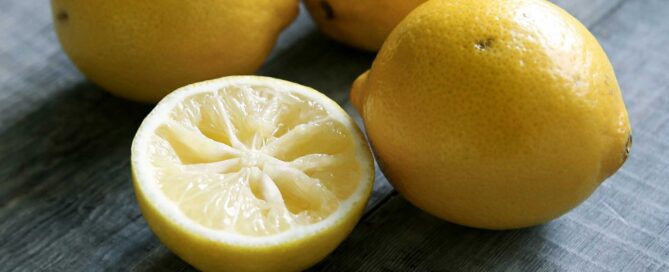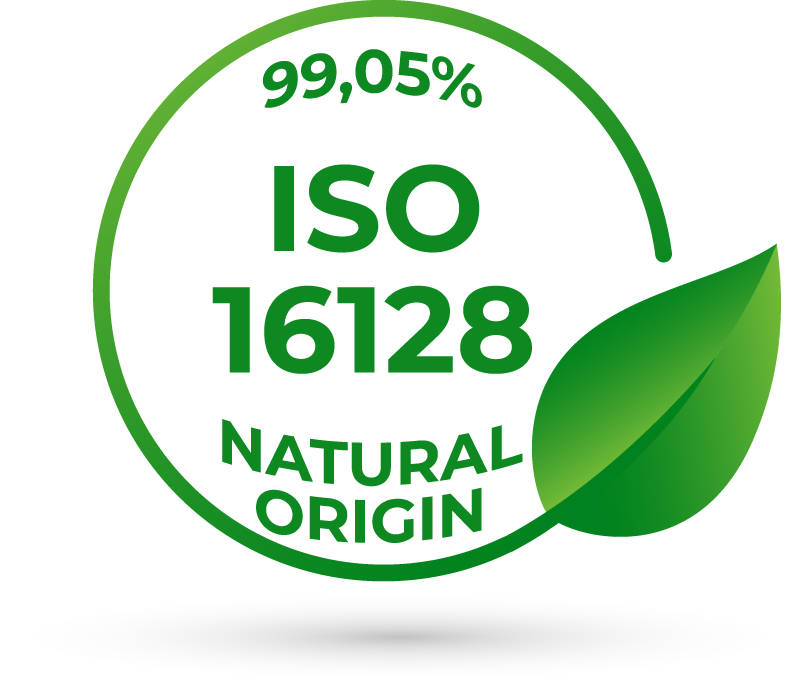Avocado: The green gold of natural cosmetics
Avocado: discover natural care for skin and hair The avocado has long since established itself not only in the kitchen - it also plays a prominent role in natural cosmetics. Packed with valuable nutrients, the avocado is a true all-rounder that is used for both skin and hair care. The avocado oil from the fruit flesh in particular is an integral part of natural cosmetic products and is becoming increasingly popular. In this article, you will find out why the avocado is so valuable, how peeled and unpeeled avocados are used in cosmetics and why it is important to use organic quality. 1. avocado - a nutrient miracle for skin and hair The avocado (Persea americana) originally comes from Central and South America, but has made its triumphal march around the world. It is particularly rich in unsaturated fatty acids, vitamins, antioxidants and minerals - all of which are essential for healthy skin and hair care. Its high content of vitamin E, vitamin K and folic acid supports skin regeneration and provides antioxidant protection against free radicals. Thanks to its unsaturated fatty acids, avocado helps to retain moisture and keep the skin supple. 2. avocado oil - the natural elixir for radiant skin and shiny hair The avocado oil extracted from the flesh of the fruit is a real powerhouse. It contains a high concentration of oleic acid, a monounsaturated fatty acid that penetrates deep into the skin and moisturizes without leaving a greasy film. Avocado oil is also ideal for all skin types - especially dry, sensitive or mature skin. Benefits of avocado oil for the skin: Moisturizer: The oil forms a protective barrier on the skin, which minimizes moisture loss and thus ensures supple, radiant skin. Cell regeneration: The regenerative effect of avocado oil helps to repair damaged skin and supports the natural healing process. Protection against environmental influences: Thanks to its antioxidant properties, avocado oil protects the skin from free radicals and UV rays. Avocado oil is also a valuable ingredient for the hair. It penetrates deep into the hair structure, strengthens the hair from the inside out and gives it shine. Dry and damaged hair particularly benefits from the moisturizing effect of the oil, which makes the hair supple and reduces breakage. 3. organic avocado: why organic quality is important Choosing the right avocados for cosmetics is crucial - and the focus should be on organic avocados. Organic avocados are grown without the use of pesticides or chemical fertilizers, which is not only better for the environment, but also for your skin. Pesticide residues in conventional avocados can cause skin irritation or clogged pores. Organic avocado oil offers a safe and healthy alternative that is free from harmful substances. Another advantage of organic avocados is their sustainable cultivation method, which minimizes the ecological footprint. So if you are looking for environmentally friendly natural cosmetics, choosing organic avocado oil is the right step. 4. peeled or unpeeled avocados: Which is better? A common question in cosmetics is [...]



















